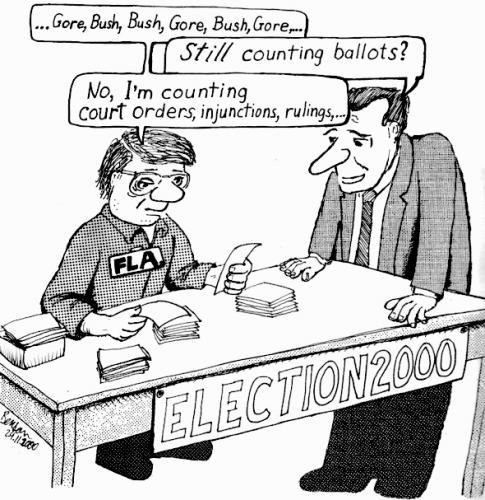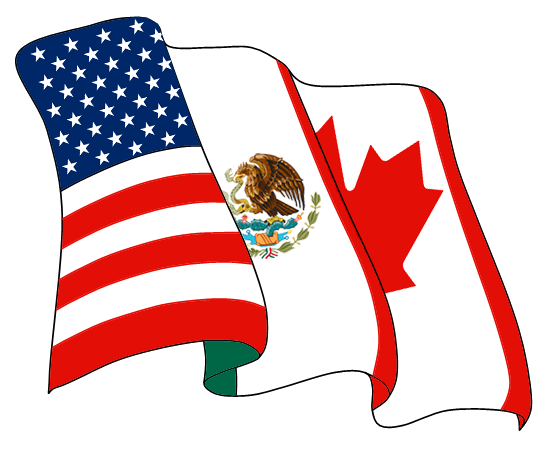The 2000 Election

The 2000 election was definitely a shocking one. There has not been such a close election since 1876 and the outcome of the election was simply stunning. Bush had won the state of Florida by a shocking 537 votes. Although the 2000 election could easily be explained and covered with no difficulty, it is interesting to imagine what could have happened. If only Gore’s request for a hand recount was able to be finished before the dead line of December 12th (safe harbor deadline),the 2000 election may have had a completely different result. For all we know, the United States would have had Al Gore as president from the time of 2000-2008. Imagine the different policies and approaches he would have approved while he is in office.
The 2000 election could have easily been Al Gore’s as it could have been Bush’s. As Foner had mentioned, 960,000 ex felons were unable to vote in the election. Excluding nearly one million people from election could have been the changing factor. Another factor being the U.S. Supreme Court’s decision to declare a hand recount unconstitutional.
















